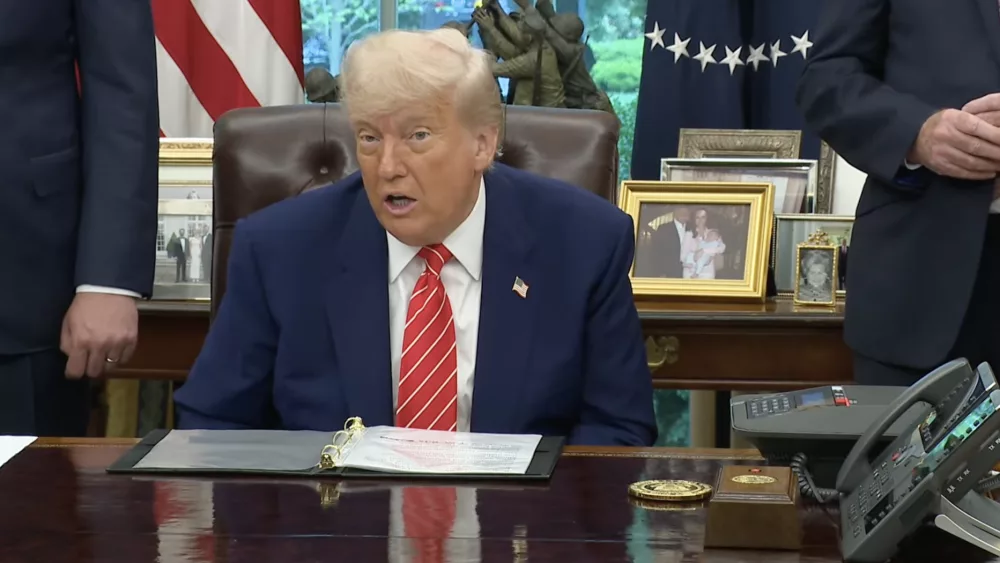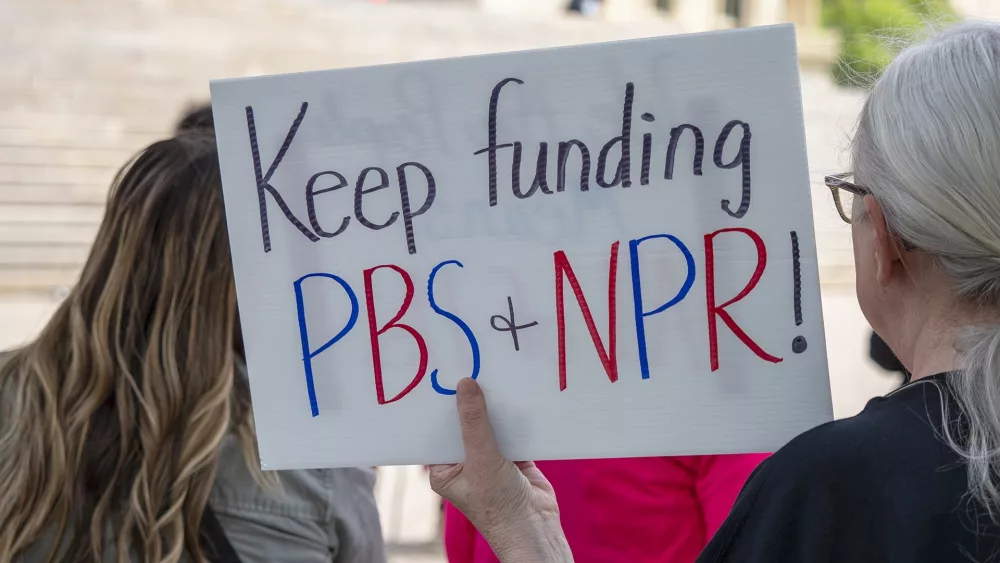As Americans continue to struggle with high credit card rates, the Consumer Financial Protection Bureau has proposed a rule to help lessen some of their financial burden — in the form of lower late fees.
The new rule would limit late fees to $8. Currently credit card companies can charge as high as $41 — penalties that the CFPB’s director, Rohit Chopra, said are charged for “no purpose beyond padding the credit card companies’ profits.”
The Consumer Financial Protection Bureau rule amends regulations that implemented the Credit Card Accountability Responsibility and Disclosure Act of 2009, and addresses a loophole that provided a loose standard that said late fees must be “reasonable and proportional.”
The proposed rule would require credit card companies to prove they need to charge a higher late fee to cover costs, and cap those fees at 25% of the minimum payment. Current regulations let credit card companies charge as much as 100% of the minimum payment owed. The rule would also get rid of the automatic inflation adjustment for the amount companies could charge in late fees.
According to the Consumer Financial Protection Bureau, an independent financial watchdog within the Federal Reserve, credit card companies bring in about $12 billion in late fees annually. The rule could shrink that by as much as $9 billion each year.
“The rule brings to the forefront the reality that credit card late fees are designed to be excessive to create incentives for consumer behavior. They are not in proportion to the cost to the lender,” said Aaron Klein, senior fellow in economic studies at Brookings.
What happens next for Consumer Financial Protection Bureau’s proposed late fees rule?
The rule does not need Congressional approval, but Klein doesn’t expect it to go into effect and be felt by consumers until next year because of the lengthy process rules undergo, which includes a public comment period. It’s also possible that the banking industry will take legal action to fight the rule, which could delay it from going into effect.
The Consumer Banks Association’s president and CEO, Lindsey Johnson, has already responded by accusing the Consumer Financial Protection Bureau of “seeking to advance a political agenda” and said the rule will harm credit card holders.
The agency proposes the rule as credit card debt has ballooned in the U.S. It rose by 18.5% in the past year, shooting up to $930.6 billion, a record amount, according to a fourth quarter report from TransUnion, a consumer credit reporting agency.
Bankrate said the average credit card rate is 19.95% as of Feb. 1, which is the highest since the financial services company began tracking them in 1985. Credit card balances had the largest year-over-year increase in more than two decades at 15%, according to the New York Fed’s third quarter report on household debt and credit.
Some of that debt can be tied to the Federal Reserve’s decision to repeatedly raise interest rates to fight inflation over the past year. The latest increase of 0.25%, announced last week, follows a 0.50% hike in December and previous four rate hikes of 0.75%.
“These Fed rate hikes basically just get passed through to cardholders … if the Fed moves rates higher by half a point or three quarters of a point or whatever it is, your rate should move higher by that same amount typically within a statement cycle or two,” said Ted Rossman, senior credit cards analyst at Bankrate.
The Consumer Financial Protection Bureau’s March 2022 report on late fees found that the average late fee was $31 and that repeat late fees were $36 on average. Alabama, Louisiana, and Mississippi had the highest average late fees per account.
“In 2019 credit card accounts held by consumers living in the United States’ poorest neighborhoods paid twice as much on average in total late fees than those in the richest areas,” the report explained.
“The law differentiates between fees and interest but for consumers it’s money out of pocket. These [late fees] are a large source of cost to consumers on the margin … People facing greater economic difficulty and hardship pay more in fees,” Klein said.
He added, “For folks who are living paycheck to paycheck, and sometimes that paycheck comes a day or two after the credit card bill is due, these late fees really add up and put a much greater squeeze on those living on the razor’s edge.”





